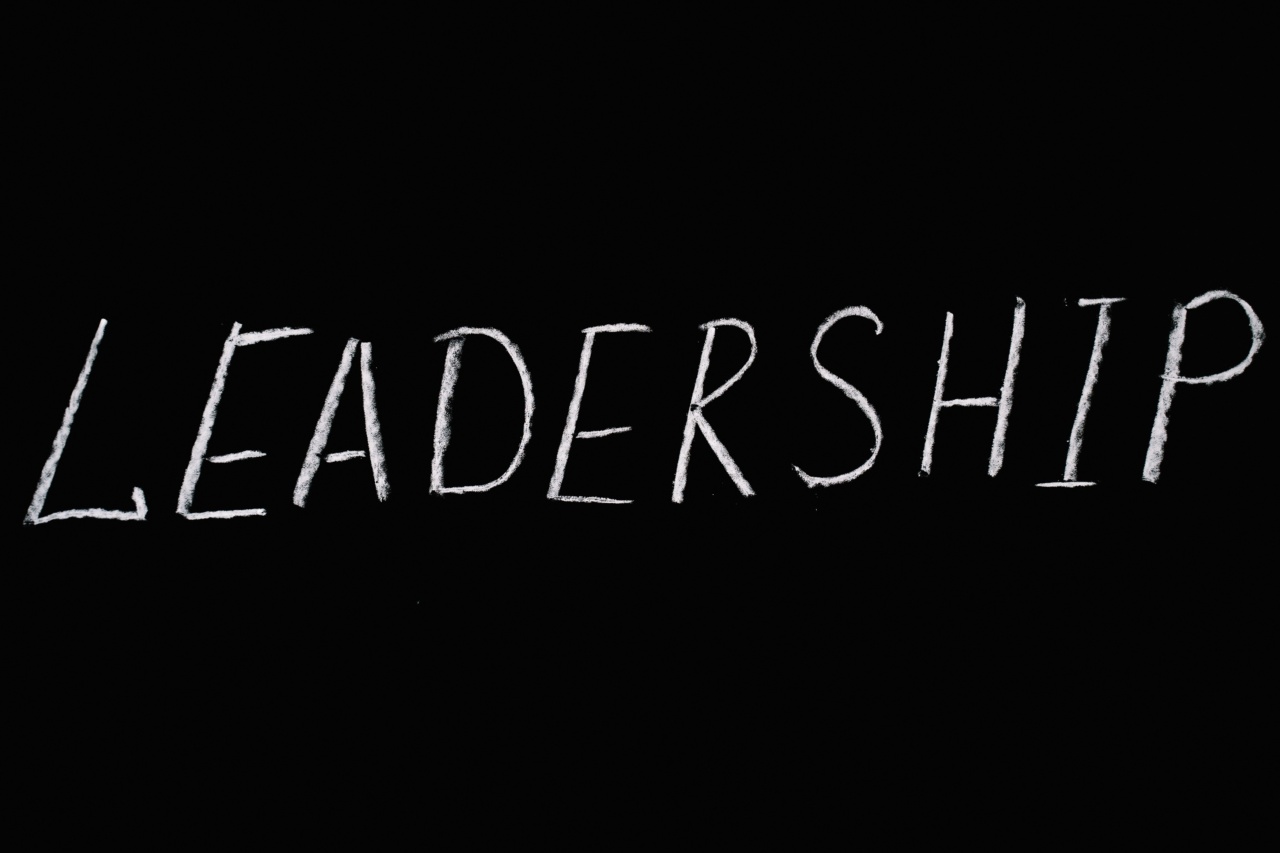Does the type of job have any influence on the likelihood of getting arrested? This question has been the subject of much debate and research over the years.
While it is difficult to establish a definitive causation between job type and arrest rates, there are certain factors that could contribute to a correlation between the two. In this article, we will explore the relationship between job type and arrest rates, shedding light on the potential reasons behind this association and discussing the various factors that may come into play.
Understanding the correlation between job type and arrest rates
Various studies have looked into the question of whether certain types of jobs are more likely to have individuals with criminal records or a higher likelihood of getting arrested.
While it is important to note that correlation does not necessarily imply causation, the research findings provide interesting insights into this topic.
High-risk professions
Society generally recognizes that certain professions carry a higher risk of individuals getting involved in criminal activities.
These professions often involve high-stress environments, access to sensitive information or valuable resources, and frequent interaction with potentially vulnerable populations.
Law enforcement and security personnel
One profession commonly associated with a higher likelihood of arrests is that of law enforcement and security personnel.
While the vast majority of professionals in these fields are dedicated to upholding the law, there have been instances where individuals within these professions have been found to engage in criminal behaviors. The nature of their work and access to sensitive information and tools can sometimes contribute to the temptation or opportunity for misconduct.
Financial sector
Another industry that has seen a higher correlation with individuals having criminal records is the financial sector.
Jobs that involve dealing with large amounts of money, such as banking or investment positions, can attract individuals seeking opportunities for fraudulent activities. The access to financial resources, insider knowledge, and the potential for personal financial gain can be tempting for some individuals within this industry, leading to a higher likelihood of arrest.
Factors contributing to the correlation
While the correlation between job type and arrest rates is evident in some cases, it is crucial to recognize that various factors contribute to this relationship. These factors can differ from one industry to another and from one individual to another.
Here are a few important factors that may come into play:.
Stress and job dissatisfaction
High-stress environments, coupled with job dissatisfaction, can potentially lead individuals to engage in criminal activities.
When a person feels overwhelmed, undervalued, or unfulfilled in their job, they may be more prone to seeking unhealthy outlets or engaging in illegal behaviors as a way to cope or find an avenue for personal satisfaction.
Opportunity and temptation
Job roles that provide individuals with significant opportunities and temptations can increase the likelihood of criminal behavior.
For example, professions that involve handling large sums of money, valuable assets, or confidential information can create opportunities for theft, fraud, or other illegal activities.
Lack of oversight
In some cases, certain job types may lack effective oversight or regulatory measures, making it easier for individuals to engage in illegal activities without detection.
This can be particularly true in professions where autonomy and independence are valued, as it may provide individuals with the opportunity to exploit their position without adequate accountability.
Characteristics and predispositions
Individuals with certain characteristics or predispositions may be drawn to particular job types that align with their inclinations towards illegal activities.
While this is not a direct causation, it can contribute to the observed correlation between job type and arrest rates. For example, professions that require a high level of risk-taking or provide easy access to substances may attract individuals who are already inclined towards illegal behaviors.
Conclusion
While the correlation between job type and arrest rates does exist in some cases, it is essential to approach this topic with caution and avoid generalizations.
While certain professions may carry a higher likelihood of individuals with criminal records, it is important to remember that the vast majority of professionals within these fields are law-abiding citizens. The factors explored in this article provide some insight into the potential reasons behind the correlation, but further research is needed to fully understand and mitigate any association between job type and arrest rates.































